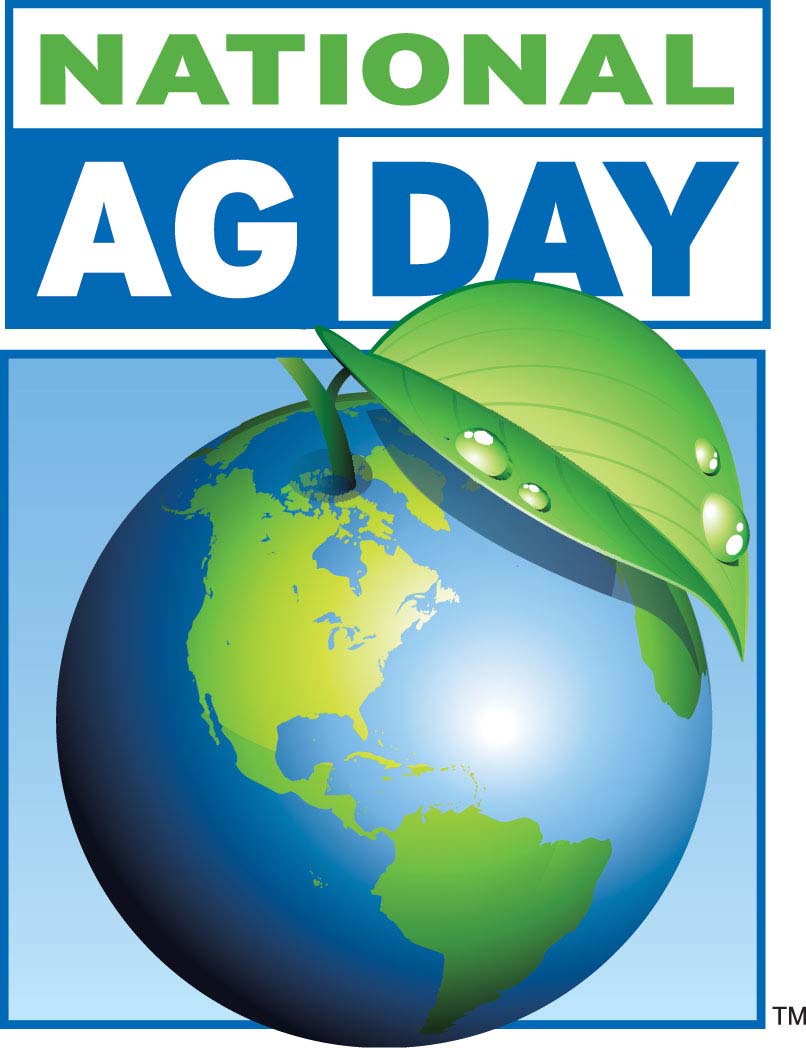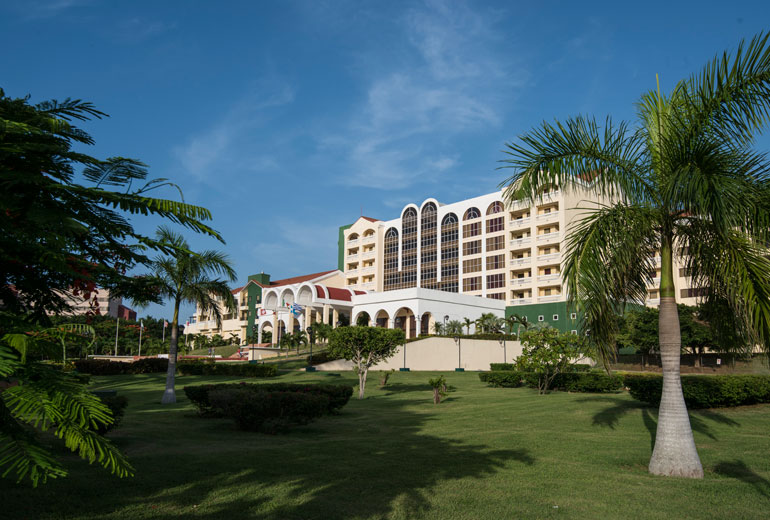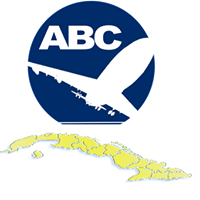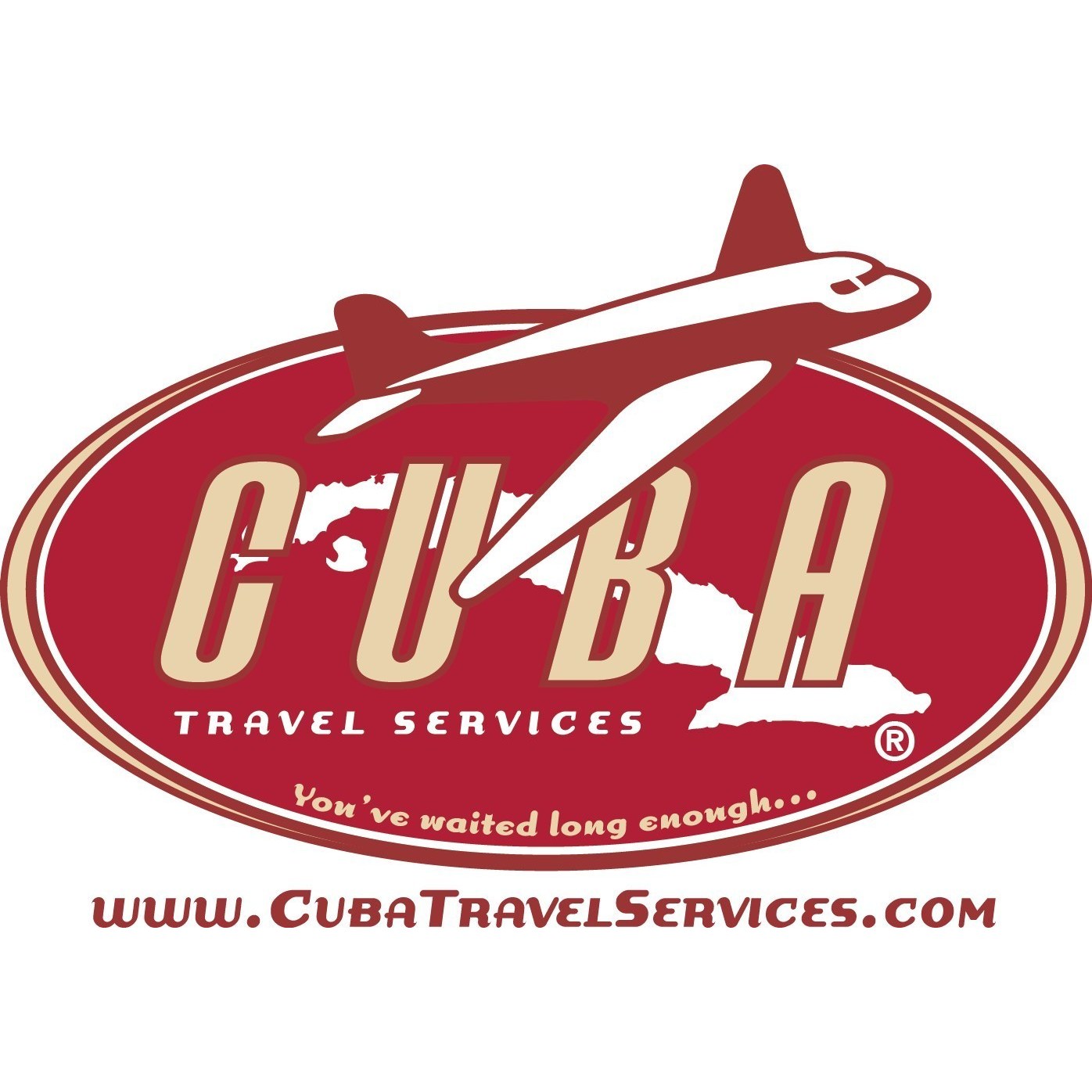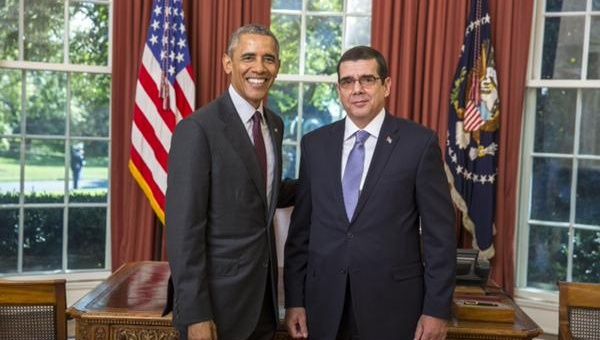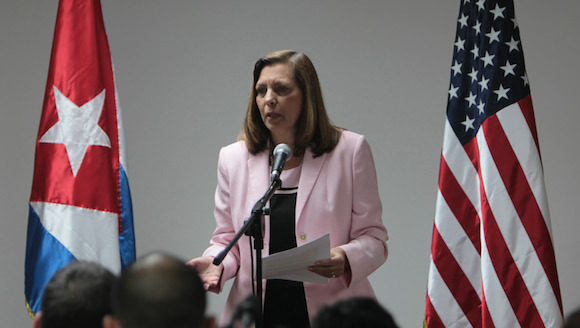Rolling A Bowling Ball Through A Waterford Crystal Store
Direct Payment Versus Indirect Payment
OFAC Reportedly Confirms Verbally, Not In Writing
Deposits Are Fungible; Using Fungible Money
“Shaken, Not Stirred”
Watergate’s “Follow The Money”
Travelers May Stay At Kempinski Hotel In Havana? Maybe Yes
Members Of Congress None Too Amused; Are Departments Going Rogue?
Pulling The Pin Of A Grenade
The Trump Administration has tempered and, in some instances, extinguished interest by United States companies and interest by United States travelers from engagement with the Republic of Cuba; and the government of the Republic of Cuba shouldn’t be excused from enabling complicity by action and inaction.
However, the Miami, Florida-based publication Cuba Standard reported (see article) a New York, New York-based attorney received verbal confirmation from a representative of the Office of Foreign Assets Control (OFAC) of the United States Department of the Treasury in Washington DC that at least one Trump Administration travel-related narrative believed true by many is not accurate.
The OFAC did not issue the confirmation to the attorney in writing to preserve deniability and/or flexibility (there might have been “miscommunication”). This is not unusual for the OFAC.
The landlord of the Gran Hotel Manzana Kempinski La Habana is ultimately Grupo de Administracion Empresariel S.A. (GAESA) which is controlled by the Revolutionary Armed Forces (FAR) of the Republic of Cuba. The property opened in 2017 and is managed by Geneva, Switzerland-based Kempinski Hotels S.A. The hotel, which has the highest standards of service and the highest per room prices in the Republic of Cuba, may not be prohibited to individuals subject to United States jurisdiction.
In November 2017, the United States Department of State in Washington DC published a list (https://www.state.gov/e/eb/tfs/spi/cuba/cubarestrictedlist/275331.htm) of Republic of Cuba government-operated entities that were to be restricted from engagement by travelers (and United States companies) subject to United States jurisdiction.
The list identifies entities affiliated with and/or controlled by GAESA and FAR. The wording with respect to compliance is “Direct financial transactions with certain entities and subentities under the control of, or acting for or on behalf of, the Cuban military, intelligence, or security services are also generally prohibited.”
Significant the document also contains “*** Entities or subentities owned or controlled by another entity or subentity on this list are not treated as restricted unless also specified by name on the list. ***.”
Republic of Cuba government-operated Havanatur (controlled by GAESA and thus FAR) is not on the list. The majority of travelers subject to United States jurisdiction use the services of Havanatur.
The Ministry of Tourism (MINTUR) of the Republic of Cuba reported 1,173,428 individuals subject to United States jurisdiction visited the Republic of Cuba in 2017: 453,905 individuals of Cuban descent, an increase of 137.8% compared to 2016 and 619,523 individuals not of Cuban descent, an increase of 217.4% compared to 2016. Some individuals visited on more than one occasion and may have been counted more than once.
Follow The Money
The Watergate-era “follow the money” phrase has relevance as the OFAC determines what transactions are permitted and what transactions are prohibited.
It is the process of engagement that defines the impact upon travelers. The meaning of “direct” and “indirect” are relevant. Members of Congress who are seeking clarification from the OFAC and from the United States Department of State want regulations interpreted constrictively rather than expansively. Uncertain as to the outcome of that effort.
When an individual, travel agent or tour operator contacts (generally by email) Havanatur requesting a reservation at a hotel in the Republic of Cuba, Havanatur contacts the hotel seeking confirmation of availability or deducts the room night(s) from existing room blocks controlled by Havanatur. NOTE: Individuals subject to United States jurisdiction are authorized by the OFAC to confirm reservations directly with hotels in the Republic of Cuba and make payment at check-in or at check-out.
Upon receipt of confirmation from Havanatur, payment is transferred from the individual, travel agent, tour operator, organization or company in the United States to a financial institution at which Havanatur has an account whether in a third country or in the Republic of Cuba. The OFAC authorizes individuals and entities subject to United States jurisdiction to have accounts at Republic of Cuba government-operated financial institutions.
The payment process may be by currency (through courier using regularly-scheduled commercial flights), but the prevalent means is by wire transfer from a financial institution in the United States to a financial institution in a third country where Havanatur has an account or through that third country to a Republic of Cuba government-operated financial institution in the Republic of Cuba where Havanatur has an account.
NOTE: The continuation of the inefficient and costly triangular payment requirement is a legacy-building courtesy of the Obama Administration, which could have re-authorized the two-way payment process, but chose not to for undisclosed reasons. Another materially impactful commercial regulatory lapse by the Obama Administration left to the Trump Administration to correct toward obtaining secure, efficient, cost-effective and transparent transactional integrity. The Obama Administration believed that United States agricultural, food product, healthcare product and equipment exporters should pay a fee to third-country financial institutions for every transaction with the Republic of Cuba; commerce-appreciating officials within the Trump Administration and Members of Congress believe otherwise.
If Havanatur has one account at a Republic of Cuba government-operated financial institution and all funds received (directly or indirectly) from United States-based entities (individuals and companies and organizations) are directed to this account, then the resulting deposits are co-mingled- a deposit from A cannot be distinguished from a deposit by B or a deposit by C once all are in this account.
For example, if an individual or company goes to a financial institution with two (2) US$10.00 bills and deposits them together or separately into one account, there will be no means to know which US$10.00 bill is being used the following day to make payment for an invoice to a third-party.
For this reason, according to the New York City-based attorney who discussed the transaction process with a representative of the OFAC, there would seem to be limited impediments to travelers subject to United States jurisdiction visiting the Republic of Cuba selecting the hotel of their choice, including the Gran Hotel Manzana Kempinski La Habana and under construction GAESA-owned Sofitel So La Habana, under the ultra-luxury Legend category, to be managed by Paris, France-based Accor S.A..
Fungible Funds
What might travelers subject to United States jurisdiction convey to Havanatur? When Havanatur receives funds for a reservation (which might now include a “fungible money” daily per diem of perhaps US$200.00 or more to spend at the hotel on meals, min-bar, laundry, spa services, etc. with unspent “fungible money” returned to the guest upon check-out) at a restricted property, don’t forward those funds directly to the restricted property. Place the funds in a Havanatur general account, shake (rather than stir), wait a minute or two, then send the required funds value to the restricted property. If using a courier with currency, verify the serial numbers on the currency to make certain that the serial numbers on the currency that arrived (directly or indirectly) from the United States are not the same as those delivered to the restricted property. Is this OFAC-sanctioned money laundering?
The distinction as to use of direct and indirect funds is analogous to the 1990’s when visits to the Republic of Cuba by individuals (other than those of Cuban descent) subject to United States law (before the OFAC began using “jurisdiction” which was more expansive) were far more problematic, there was focus upon “fully hosted travel” which was defined as all payments on behalf of the traveler relating to the visit to the Republic of Cuba were to be paid by an individual and/or entity not subject to United States law (jurisdiction); and there would be no reimbursement, directly or indirectly, to the individual and/or entity making the payments.
The Takeaway
For United States companies and for travelers subject to United States jurisdiction there remains distance between Trump Administration rhetoric about policies, statutes and regulations and how the Trump Administration implements and interprets policies, statutes and regulations.
Enforcement is a grenade and thus far OFAC, BIS, CPB and the United States Department of State have neither pulled the pin nor thrown the device. Some would argue that the grenade remains hidden from view... or can’t be found.
Complete Analysis In PDF Format
Cuba Standard
Miami, Florida
Stricter U.S. travel regulations: More hole than cheese
“The main challenge the travel industry is facing in light of the recent dramatic drop in Cuba business seems to be the U.S. public’s fears and perceptions, rather than the Trump administration’s actual restrictions.
Leaving the impression that Washington’s new regulations for Cuba travel are more hole than Swiss cheese, a U.S. lawyer told a crowd of U.S. travel executives during Cuba Media Day Jan. 29 at the Meliá Cohiba in Havana that there are simple ways for tour operators to legally put up their clients in any of the 83 Cuban hotels the Trump administration included recently placed on a “Cuba Restricted List” of properties controlled by Cuba’s armed forces.
Since the activity incriminated by U.S. enforcers is payment — rather than the actual use of the blacklisted hotels — Cuba could simply switch booking and payment for the hotel to an entity that is not included.
“U.S. travelers can stay even at hotels on the list,” said Lindsey Frank, a principal with New York law firm Rabinowitz, Boudin, Standard, Krinsky & Lieberman, P.C., about new restrictions published by the Office of Foreign Assets Control in November.
“OFAC confirmed to us recently that, even though direct payment to restricted entities is prohibited, they can still stay in hotels that are on the Restricted List — as long as they make their arrangements and payment through an unrestricted agency that is not subject to U.S. jurisdiction, such as Havanatur. This is a real opening for staying at any hotel here.”
The lawyer told Cuba Standard he received this guidance verbally from an OFAC official, in response to a written inquiry.
Asked how close Cuba is to offering alternative travel arrangement and payment mechanisms, the chief executive of the state holding that combines all major inbound tour operators — including Havanatur — held up his hand, forming a tight “V” with his thumb and index. “This close,” said José Manuel Bisbé York, president of Grupo Empresarial Viajes Cuba.
The State Department’s “Cuba Restricted List”, published in November with the aim of blocking transactions with all armed forces-controlled businesses, includes practically all hotels in Old Havana, the single most popular tourism destination in the island. All boutique hotels there are operated by state company Habagüanex, which was recently taken over by GAESA, the armed forces-controlled holding.
Individual travel
Meanwhile, experts at the event also made clear that — despite the Trump administration’s stated intent of blocking it — individual travel is still possible, either under the auspices of an organization, or under “Support for the Cuban People”, one of 12 travel categories permitted by U.S. sanctions. If they decide to use that category, solo travelers have to stay at privately owned accommodations, pursue a full-time schedule of activities, and keep track of what they are doing, in case U.S. officials ask for evidence.
Travel executives at the event said that follow-up by U.S. sanctions enforcers after travel is very rare. With the exception of a musical group from California that was questioned by OFAC officials last year after their Cuba trip, none of the companies that together handle tens of thousands of travelers said they had heard of any OFAC investigations.
“We are not aware of any stepped-up enforcement,” said Tom Popper, organizer of the Cuba Media Day event and owner of Insight Cuba, one of the larger U.S. tour operator.”


